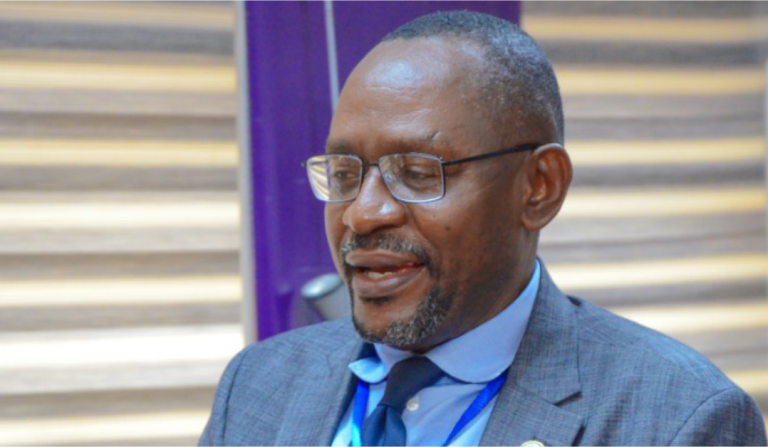The President of the Association of Psychiatrists in Nigeria (APN), Prof. Taiwo James Obindo, has called for the decriminalisation of attempted suicide in the country.
He made the call during a session with stakeholders organized by the House of Representatives Committee on Specialty Healthcare on the need to prioritize and implement the Mental Health Act.
Prof. Obindo pointed out that establishing National Counseling Centers all over the country to address mental health issues is like putting the cart before the horse because suicide attempts are still considered a criminal offense under both the Criminal Act and the Penal Code.
According to him, “Hence, the first step would be to move to decriminalize attempted suicide. Criminalizing attempted suicide has proven to be a major barrier to suicide prevention intervention service uptake.
ALSO READ: 30 percent of Nigerian adults live with Hypertension — NHS
“The archaic law, inherited from our colonial masters, aimed at stopping the act of suicide, but did not address the thoughts and social determinants of suicide. Significant evidence shows that 90% of those who take their lives through suicide have a background history of mental health conditions, out of which 80% are attributable to depression due to various bio-psycho-social etiologies.
“Why, then, do we, as a nation, punish individuals who are ill and need medical attention rather than prosecution? It may shock you to know that Nigeria, the giant of Africa, is lagging behind, as quite a number of our neighboring nations have abrogated that law.
“Establishing a counseling center without abrogating this archaic law would put even the counselors at risk because the law also prescribes penalties for those who are aware of the plan but do not report,” he said.
He called for the implementation of the Mental Health Act, which he said is a product of legislation that went through rigorous due process by the legislature, was assented to by the President of the Federal Republic of Nigeria in 2022, and has been gazetted as a law of the country.
He said this would address the “many years of neglect of this important aspect of our nationhood.”
Obindo said that a requirement for the effective implementation of the Act is the establishment of a Mental Health Services Department in the Federal Ministry of Health (FMoH).
“It may shock you to hear that, more than a year later, the department is yet to be established. Most, if not all, the items in your plan are meant to be supervised by this department in obedience to the rule of law! Hence, the establishment of the department is germane to the success of all your plans,” he said.
He said the Association of Psychiatrists in Nigeria is an umbrella body of all Nigerian Psychiatrists in the country and other allied practitioners.
He said they have been at the forefront of campaigns and advocacy for global best practices.
He praised the Committee for the initiative, saying that when well-implemented, it would positively impact the hitherto neglected mental health, persons affected by mental health conditions, and mental health practitioners.
The Chairman of the House of Representatives Committee on Special Healthcare, Dr. Alex Egbona, has called for stakeholders’ partnership in addressing mental health challenges and other related health cases.
The lawmaker said the committee was created to provide the requisite legislative frameworks for improved healthcare delivery in Nigeria.
He said the session is a collaborative initiative of the committee to share its mandate and planned activities with identified relevant institutions and organizations.
According to him, “I, therefore, solicit the support and partnership of all stakeholders, our development partners, international NGOs, and CSOs. You are all urged to take an interest in building the capacity of the committee members and staff to enhance the efficacy of the committee.
“Consider our five thematic areas of Mental Health, Trauma and Obstetrics Fistula, Oral Health and ENT, Blood Transfusion, Blood and Management, Traditional Complementary and Alternative Medicine, and engage the committee for maximum impact.”

